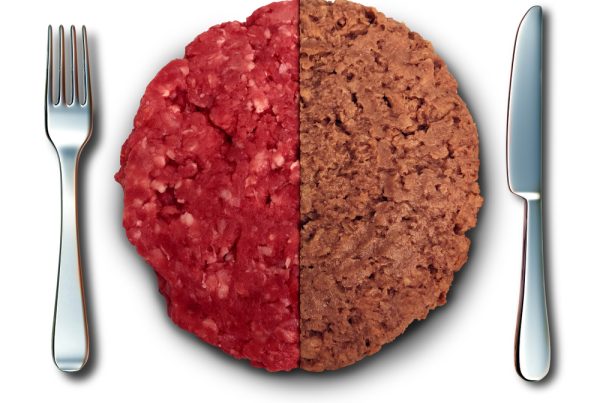Can a product taste be perceived different because of the packaging claim?
There is a lot being said when it comes to organic and vegan products.
“Are they more or less healthy compared to the original version?”
“Are they better or worst for our health?”
“Are they more or less tasty?”.
At Thimus, we asked ourselves what the interesting variables were to study, which could impact the idea we have of a novel product. We organized a neurophysiological test to find out how a small group of testers implicitly and explicitly evaluated different versions of two well-known mayonnaise brands.
Is it possible that words such as “vegan” or “organic” could influence the sensory experience of the mayo products?
We started by identifying three main variables: Familiarity (related to memory and the set of mental processes), Likeability (that evaluates the natural balance of approach and avoidance), and Engagement (that represents emotional states, including motivation levels, excitement, attention, and interest experienced during the performance). See how our methodology works HERE.
The study was conducted within an Italian sample; and the testers where exposed to a five-phase protocol: the picture of the package, the concept of the product (the claim that was written on the packaging), the smell, taste and the aftertaste.
The items that we were studying were 4 different samples of mayo: Real Hellmanns’, Organic Hellmanns’, Calvé Classica and Calvé Vegetale. There was a plot twist in the samples that were offered. For the smell, taste and aftertaste phases of the protocol, the products l were always the original versions (testers were in fact offered twice Real Hellmanns’ and twice Calvé Classica). So testers never tries the “Vegan” and the “Organic” version of neither brands.
No need to tell you that the results were mind-blowing.
Discover the results of the study HERE






